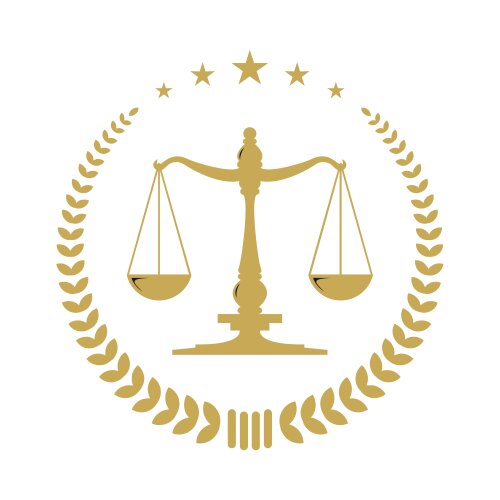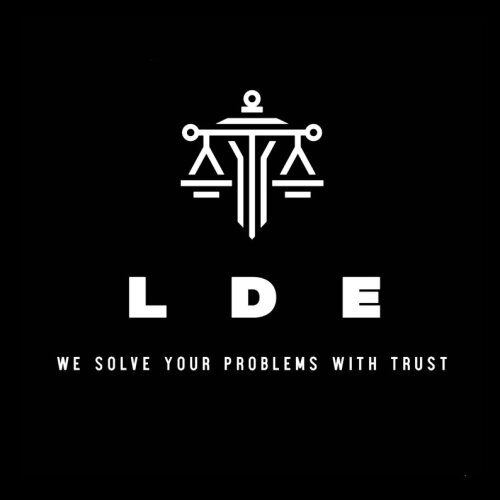Best Military Law Lawyers in Islamabad
Share your needs with us, get contacted by law firms.
Free. Takes 2 min.
List of the best lawyers in Islamabad, Pakistan
About Military Law in Islamabad, Pakistan
Military Law in Islamabad, Pakistan, is governed by a framework of legal statutes and regulations that apply specifically to members of the armed forces. This specialized legal field addresses the conduct and responsibilities of military personnel, encompassing areas such as compliance with military duties, procedures for court-martials, protection of human rights within the armed forces, and the application of military justice. The primary legislative instrument is the Pakistan Army Act 1952 and similar acts applicable to other branches, which set out the legal framework for military discipline and offenses. The Armed Forces Act in conjunction with the Pakistan Penal Code forms a comprehensive legal guide for maintaining discipline and order within the military in Islamabad.
Why You May Need a Lawyer
Individuals may require legal assistance in Military Law due to various circumstances. Common scenarios include facing court-martial or other military disciplinary proceedings, needing representation in cases of alleged insubordination or breach of military conduct, dealing with grievances related to service conditions, or seeking advice on military pensions and benefits. Moreover, issues arising from international assignments, conflict situations, or violations of rules of engagement may also necessitate expert legal guidance to ensure procedural compliance and protect one's rights.
Local Laws Overview
Military Law in Islamabad, Pakistan, is characterized by key statutes such as the Pakistan Army Act 1952, Pakistan Navy Ordnance 1961, and Pakistan Air Force Act 1953. These laws define the structure and duties of the military justice system, covering offenses unique to the military environment. Key aspects include the protocol for courts-martial, summary trials, administrative actions, and the appeals process. These laws are often executed by dedicated military courts and tribunals to ensure specialized knowledge and fair judgment pertaining to military matters. Additionally, these laws work in conjunction with constitutional provisions concerning fundamental rights to ensure that military personnel are accorded due process.
Frequently Asked Questions
What is a court-martial, and when can it be convened?
A court-martial is a legal proceeding similar to a civilian court trial, specifically for military personnel accused of violating military law. It can be convened for a variety of offenses ranging from desertion and insubordination to more serious charges like treason or misconduct.
Can a civilian be subjected to Military Law in Islamabad?
In general, Military Law applies primarily to armed forces personnel. However, in specific cases such as contractors working closely with the military or during a state of martial law, civilians may also fall under its purview.
What are the types of military courts in Pakistan?
Pakistan has three main types of military courts: General Court-Martial, Summary General Court-Martial, and Field General Court-Martial. Each varies in severity and scope, with General Court-Martial handling the most serious cases.
How can someone appeal a court-martial decision?
An appeal against a court-martial decision can be submitted to the higher authorities within the military justice system or through a petition to the Federal Shariat Court or civilian apex courts, depending on the nature of the case.
What rights do military personnel have under Pakistani law?
Military personnel are entitled to fundamental rights outlined in the Constitution of Pakistan, including the right to a fair trial, due process, and protection from discrimination. However, certain reasonable restrictions may apply due to the nature of military service.
What happens if a service member is accused of a serious crime?
If accused of a serious crime, a service member will undergo a military trial, potentially followed by a court-martial. They have the right to legal representation and can appeal adverse decisions.
Are there legal protections against unlawful dismissal from the military?
Yes, there are legal protocols in place that require valid grounds and proper procedures before any dismissal from service can be enacted, ensuring lawful treatment of personnel.
How does the military handle grievances or complaints?
The military offers formal channels for grievances, allowing personnel to voice concerns through their chain of command. Legal assistance can also be sought if individuals believe their grievance has not been addressed fairly.
What legal support is available for military personnel transitioning to civilian life?
Legal support for transitioning military personnel often includes guidance on service-related benefits, pensions, and reintegration into civilian employment. Specialized lawyers can assist in navigating these processes.
What is the role of a military lawyer?
A military lawyer provides legal counsel to armed forces members, representing them in courts-martial, advising on regulatory compliance, assisting with claims for veterans’ benefits, and offering guidance on personal legal issues affecting service members.
Additional Resources
Key resources for those seeking Military Law advice in Islamabad include the Ministry of Defence, the military legal assistance programs within the various branches of the armed forces, and the Pakistan Bar Council for locating qualified military lawyers. The Armed Forces Tribunal is also pivotal for understanding legal precedents and case law relevant to Military Law.
Next Steps
If you require legal assistance in Military Law in Islamabad, consider contacting a lawyer who specializes in military cases. It may also be beneficial to consult with military ombudsmen for initial guidance. For serious issues, preparation of comprehensive documentation and understanding the military legal procedures in place can be crucial. Engaging with a competent legal advisor who understands the intricacies of Pakistan's military system can help ensure the best possible outcome for your specific situation.
Lawzana helps you find the best lawyers and law firms in Islamabad through a curated and pre-screened list of qualified legal professionals. Our platform offers rankings and detailed profiles of attorneys and law firms, allowing you to compare based on practice areas, including Military Law, experience, and client feedback.
Each profile includes a description of the firm's areas of practice, client reviews, team members and partners, year of establishment, spoken languages, office locations, contact information, social media presence, and any published articles or resources. Most firms on our platform speak English and are experienced in both local and international legal matters.
Get a quote from top-rated law firms in Islamabad, Pakistan — quickly, securely, and without unnecessary hassle.
Disclaimer:
The information provided on this page is for general informational purposes only and does not constitute legal advice. While we strive to ensure the accuracy and relevance of the content, legal information may change over time, and interpretations of the law can vary. You should always consult with a qualified legal professional for advice specific to your situation.
We disclaim all liability for actions taken or not taken based on the content of this page. If you believe any information is incorrect or outdated, please contact us, and we will review and update it where appropriate.

















